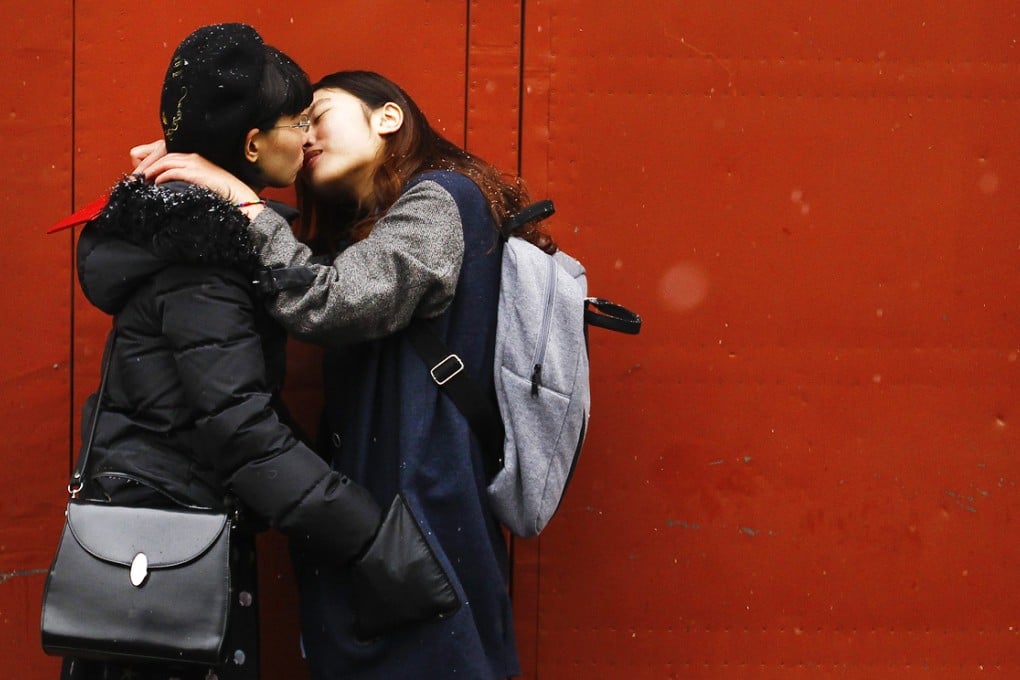Seeking a lesbian wife: pressured Chinese gays turn to online dating for ‘cooperative marriage’
Staying single is often not an option for gays and lesbians in mainland China. A solution? Marry each other for convenience.

A mobile number and a few personal details: those were all Bill Zhong needed to register for an account on dating app Queers, which within minutes connected him to a network of more than 4,000 lesbians seeking a gay partner for “cooperative marriage”.
The marital arrangement, called “xinghun” in Chinese, is done between a gay man and lesbian woman to appease their conservative parents and conceal their sexual orientation.
It is similar to the Western concept of a “beard”, someone who acts, knowingly or unwittingly, as a gay person’s spouse or date to keep up the appearance of heterosexuality. Under xinghun, the couple know each other's orientation and can live accordingly - while staying married.
Zhong, 23, who has not come out to his family, signed up on Queers – a pioneering app in a country where LGBT relationships still face serious discrimination and fierce opposition from conservatives, especially older family members – to prepare for the inevitable moment when his parents pressure him to get married.
Xinghun is not based on love, so all the terms and conditions are put on the table
China decriminalised homosexuality in 1997 and removed it from the list of mental illnesses in 2001. While China is slowly opening up to discussion of LGBT rights and same-sex marriage, traditional views are still hard to shake.